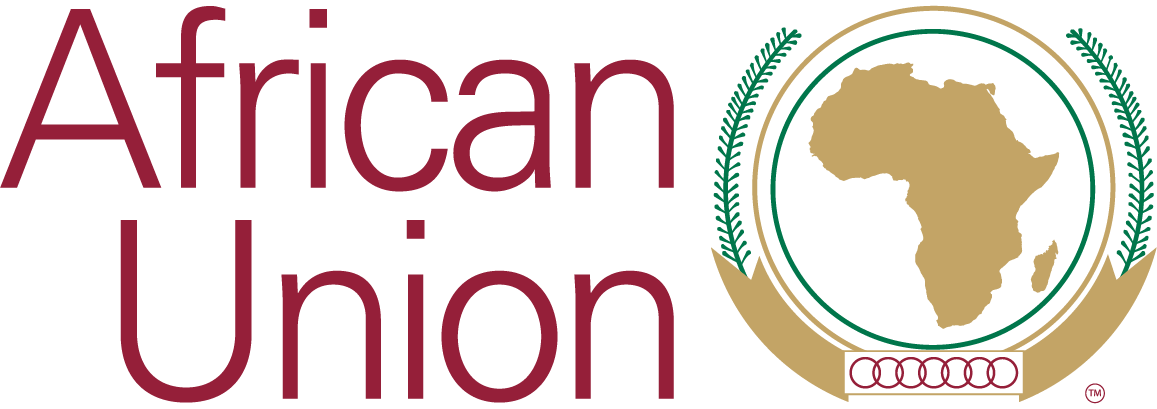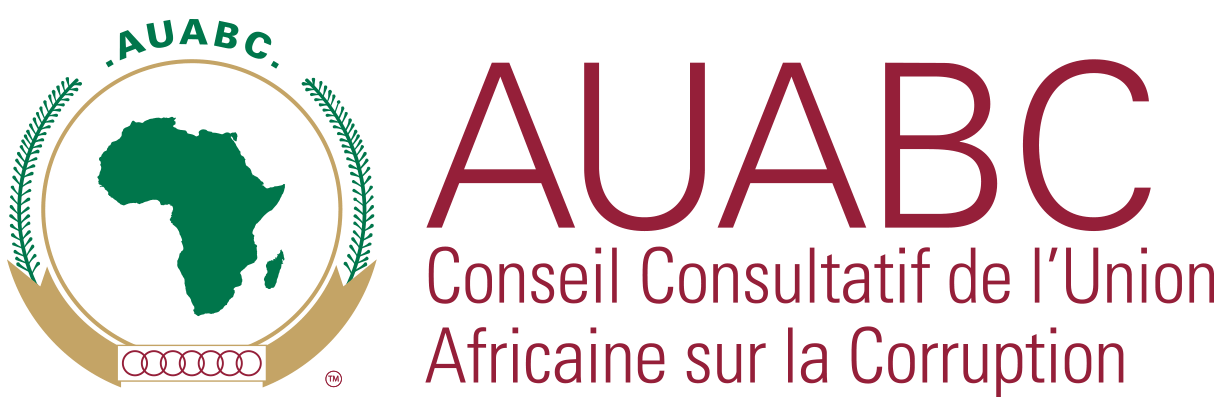The Member States of the African Union adopted the African Union Convention on Preventing and Combating Corruption (AUCPCC/The Convention) at the Second Ordinary Session of the Assembly of the Union, held in Maputo (Mozambique), on 11th July 2003. The Convention entered into force on 5th August 2006, thirty (30) days after the deposit of the fifteenth (15th) instrument of ratification. To date forty-eight (48) countries have ratified the Convention and are States Parties to it.
The African Union Advisory Board Against Corruption (AUABC/The Board) emanated from the Convention, and it was created on 26th May 2009 under Article 22 (1) with a mandate to promote and encourage the adoption of measures and actions by State Parties to prevent, detect, punish and eradicate corruption and related offences in Africa as well as to follow-up on the application of those measures.
The Advisory Board Against Corruption has the broad mandate to:
- Document and analyze corrupt activities;
- Advise the AU and Member States on all matters relating to corruption;
- Monitor and report on implementation and compliance with the Convention through receipt of State Reports; and
- Engage in advocacy and outreach to prevent corruption.
The second strategic pillar of the 2018-2022 Strategic Plan was aimed at enhancing the capacity of State Parties to combat corruption. One of the major challenges facing anti-corruption agencies is the lack of capacity and skills to conduct effective investigations as well as techniques that build strong cases for better prosecution. And further, research has also revealed that many cases do not have a better prosecution results due to technicalities either at investigations or prosecution level. Furthermore, many of the anti-corruption agencies also face high staff turn-over thereby worsening the already dire capacity problems. The Board therefore intends to develop a capacity building programme that will target corruption prevention, investigations and prosecution and focus shall also be on enhancing effective coordination and collaboration among key actors along the anti-corruption chain namely prevention, investigation and prosecution.
The AUABC recognizes that there have been various interventions by numerous stakeholders in building capacity of practitioners and officers from the national anti-corruption authorities, national prosecution agencies and other government agencies with an anti-corruption mandate. It is therefore paramount that the capacity building interventions respond to actual needs and are demand driven. The Board therefore will start by conducting a needs assessment to identify capacity gaps from which interventions to close the gaps will be developed.














